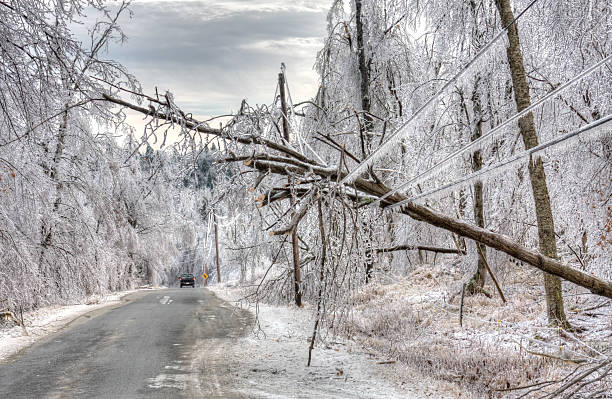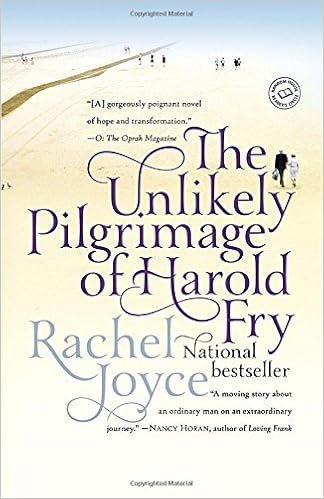
I am known to be a person who looks ahead, not behind. I'm one who wants a positive spin on most things in life. Why? I've learned that looking back and regretting what youdidn't accomplish and putting a negative tone on life doesn't do me one bit of good. Why let myself be dragged down by the If only's of the past?
That said, there are times when it is prudent and helpful to take a look at the recent past. Today is the final day of the shortest month of the calendar year. Before we look ahead to next month, take a few minutes to assess your writing life this past 28 days.
- What good things happened as you moved along your writing journey?
- What things dragged you down?
- Did you do anything to change or fix those things?
- Did you assess the how and why of the negatives of your writing?
- What was the happiest moment in your writing life in February?
- Did you meet any of your goals this month?
- How many submissions did you make? (Hopefully, 'zero' is not your number!)
- What did you do to improve your writing life?
- How can you improve that next month?
- How much reading did you do? (A biggie for writers--read, read, and read!)
- Did you help another writer?
- Did another writer help you?
- Was time to write a big problem?
- Did you create time to write?
- What was the most uplifting moment of your writing life this month?
- Did you attend a writer's meeting of any kind?
Once you've answered the questions above, you can easily set some goals for March. Next month has three more days in it than this one. A gift for you!
February is sliding away today. Gone are the hearts and flowers of Valentine's Day. No more President's Day recognition. Maybe no more big weather events. It's possible the winter bugs we all seem to pick up will flee.
When March arrives, I will look for crocuses and daffodils to start their journey above grouond, gladdening hearts and announcing that spring is not far away. It's the month we all become Irish for one day. It's the month that teases us with pleasant days only to blow an ice or snow storm our way even though Spring officially begins in the third week. The best part of March is that April is nearly here.
Whatever the month, put writing in your To-Do List.






















